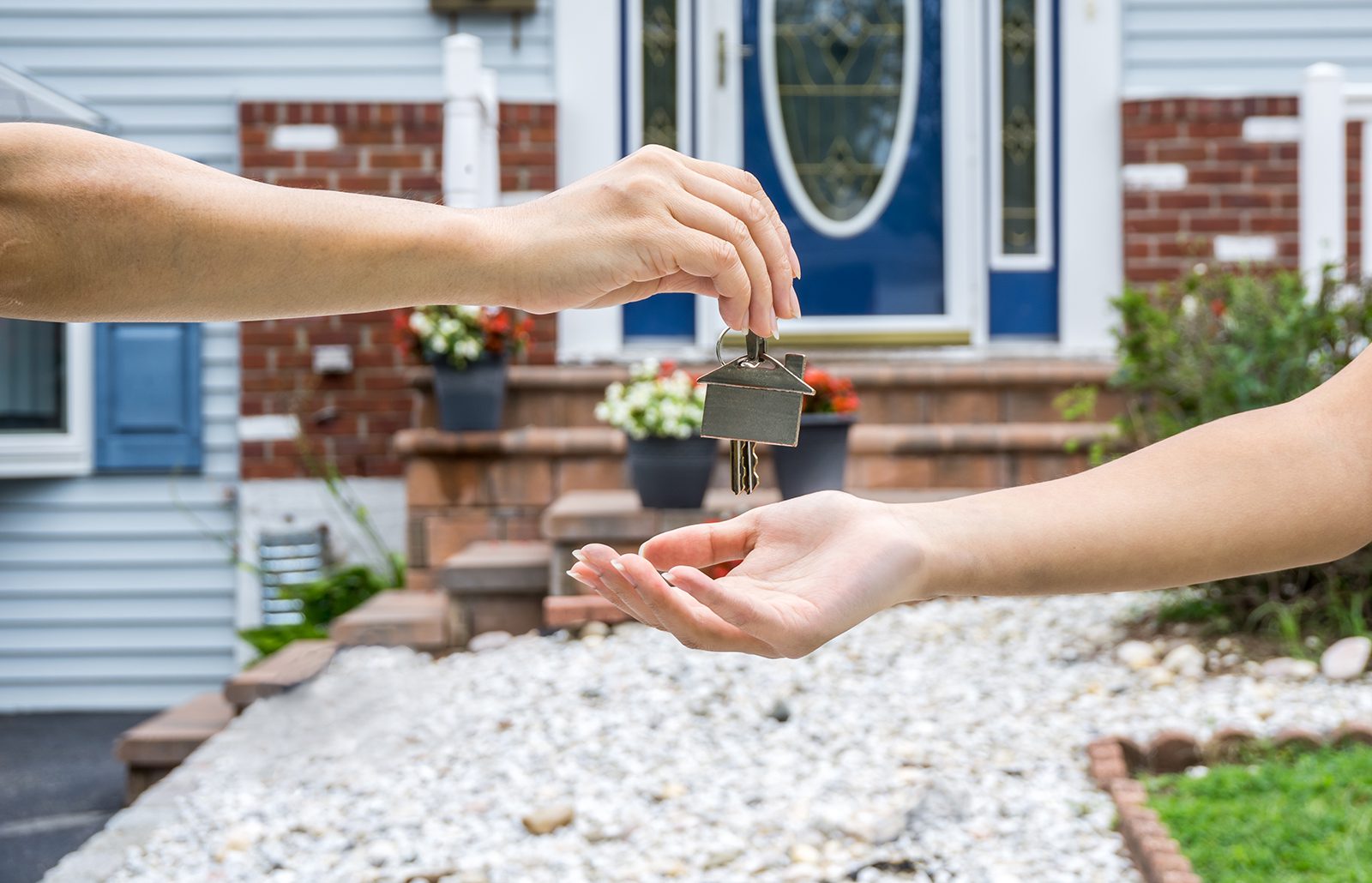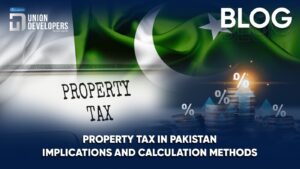Becoming a landlord is driven by a variety of factors. Renting out your property becomes a realistic choice if you’re seeking additional simple source of income or having trouble selling your house. Regardless of your circumstance, using your house as a rental has both benefits and drawbacks that should be taken into account. The disadvantages of renting your house are listed below.
Start-Up Cost:
The first step in getting your Rental Property ready for renters is not buying the property for your investment. This is due to the possibility that, if you buy an older property. You will need to invest significantly in repairs and improvements before you can start marketing it. Landlords are required to adhere to the tenant protection regulations of each state. The legislation requires landlords to install any essential safety precautions in each rental property.
No Promise of Appreciation:
While the value of your rental property will often increase over time, there is a potential you might lose money on your investment due to the unpredictable nature of the real estate market. Because of the robust demand and lack of evidence of a decline shortly, Pakistan’s landlords are on the right track. You should be informed about the local market and keep an eye on the supply and demand for rentals as well as any changes that are certain to happen over the next few years to prevent financial consequences.
Rental Risk:
Your renters’ ability to consistently pay the rent is not ensured. The flow of income is never assured, not even in the best of circumstances or with the best renters.
It is possible to have a terrific renter who pays the rent on time for years on end, but this is never a given. Some renters will not pay on time, and others could not pay at all. Due to their non-payment and eviction, you will have no place to live for a number of months as a result.
Asset Concentrations:
Owning a rental property represents a significant concentration of one’s assets. Which is another drawback for most people who use their homes as rentals. To fully acquire such property, one will need a large portion of the ordinary person’s net worth. The concentration is completely undiversified, which is an issue. If the value of the area or simply the block where this investment is made drops, you will lose a lot of money. Even if something were to happen to the property, insurance would not be enough to cover the loss. In fact, by owning a rental home, you have firmly tied yourself to the regional housing market.
Cost of Variable Maintenance:
Your rental property will have some hidden faults, just like with any real estate acquisition. Which might end up costing you a lot of money over time. As the property’s owner, it is your duty to fix any issues like roof damage, broken pipes, or safety code violations that surface after you buy the house. Your rental revenue may suffer as a result of these problems, but every real estate investor must deal with them. To minimize risk as much as possible, take care to have expert inspectors perform comprehensive examinations before buying.
Additional Charges:
Increased costs for advisors, business formation, vacancies, CPAs, legal paperwork, and other expenses must be planned for. In reality, renting is a business with additional operating costs.
These are a few drawbacks of renting out your house. However, you may minimize some of these problems and get a satisfactory return on your investment by making the correct selections. At the appropriate time and maintaining in touch with an experienced realtor and house inspection teams.








